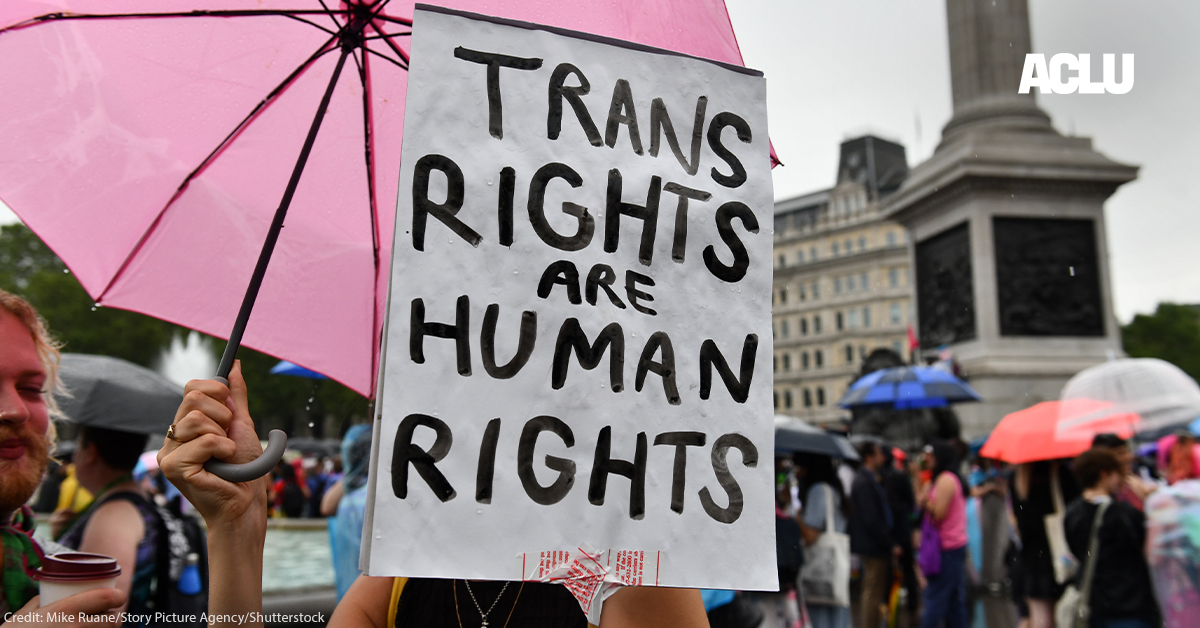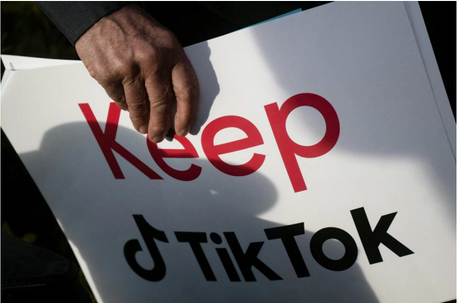Kansas’ recent legislative actions, particularly the passage of a law in 2023 that narrowly defines “woman” as someone who produces ova, are a glaring example of discriminatory policies that undermine the rights of transgender individuals. Marketed under the misleading title “Women’s Bill of Rights,” this law not only fails to advance women’s protections but also actively seeks to restrict the freedoms of transgender Kansans.
Attorney General Kris Kobach has seized upon this law to prevent transgender individuals from updating gender markers on state IDs—a right previously granted without issue. Kobach’s aggressive legal strategies led to the Kansas Department of Health and Environment instituting a rule that bans updates to birth certificates. When the Kansas Department of Revenue, which handles driver’s licenses, resisted these changes, Kobach initiated a lawsuit, Kansas v. Harper, to enforce the new law.
The American Civil Liberties Union, or ACLU, of Kansas, supported by the LGBTQ & HIV Project and local partners, has intervened to defend transgender rights. Despite their efforts, a judge issued a temporary order that blocked transgender individuals from updating their driver’s licenses in the Kansas v. Harper case, forcing them to revert to outdated gender markers upon renewal or amendment. This judicial decision not only strips transgender individuals of their dignity but also places them at increased risk of discrimination and violence.
In response to this legislative and legal onslaught, the ACLU of Kansas is championing the use of gender-affirming federal IDs, such as passport cards, which allow individuals to self-attest their gender. To support this initiative, the ACLU and local LGBTQ advocates have been organizing community events to inform and assist transgender Kansans in obtaining these federal IDs. These efforts are crucial in fostering a sense of community and support, particularly in a state where isolation is prevalent.
A Threat to Civil Rights
The Kansas law’s stringent definition of “woman” is not merely a semantic issue; it represents a significant step backward in the fight for civil rights. This legislation directly impacts the ability of transgender individuals to have their gender identity recognized and respected by the state, contravening principles of equal protection under the Fourteenth Amendment. By enforcing these restrictive ID policies, Kansas is perpetuating institutionalized discrimination that marginalizes an already vulnerable community.
The Role of Federalism
This conflict highlights the broader tension between state and federal authorities in the realm of civil rights. While Kansas enforces regressive ID policies, transgender individuals still have access to gender-affirming federal IDs, demonstrating the protective role that federalism can play. The ongoing legal battle, exemplified by Kansas v. Harper, underscores the judiciary’s critical role in interpreting and applying laws that have profound implications for individuals’ lives.
The Power of Advocacy
The ACLU’s proactive stance in Kansas exemplifies the vital role of interest groups in safeguarding civil liberties. By intervening in court cases and hosting supportive community events, the ACLU and its partners provide indispensable resources and advocacy for transgender individuals. Their efforts not only challenge discriminatory laws but also foster a resilient and informed community that can better navigate these legal and social challenges.
A Call for Empathy and Support
The Kansas law’s restrictive and biologically narrow definition of “woman” is a regressive measure that undermines the rights and dignity of transgender individuals. Accurate and affirming identification documents are essential for the safety, privacy, and daily functioning of all individuals. Denying transgender individuals the ability to update their gender markers institutionalizes discrimination, with severe repercussions for their mental health and social well-being.
While this issue may not directly affect everyone, it serves as a crucial reminder of the ongoing struggles faced by transgender individuals. It is imperative that we foster empathy and support for marginalized communities, understanding that the fight for civil rights and equality benefits society as a whole. By standing in solidarity with transgender Kansans and advocating for their rights, we contribute to a more just and compassionate society.







